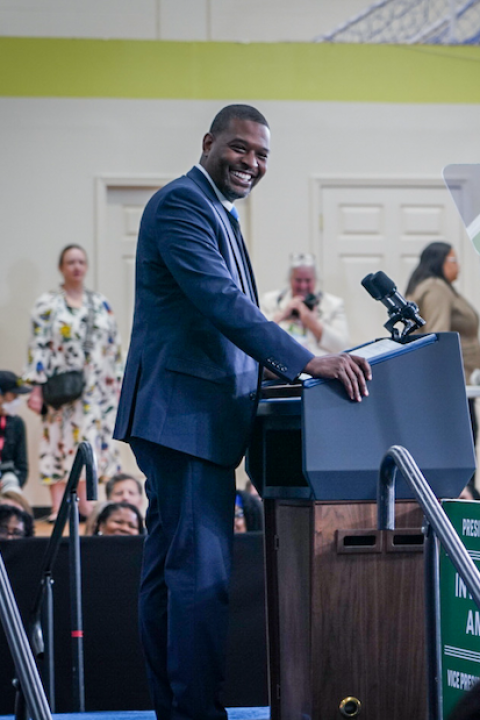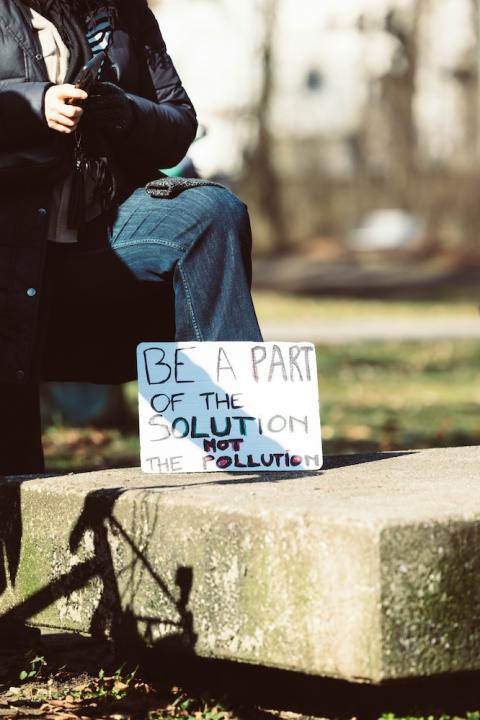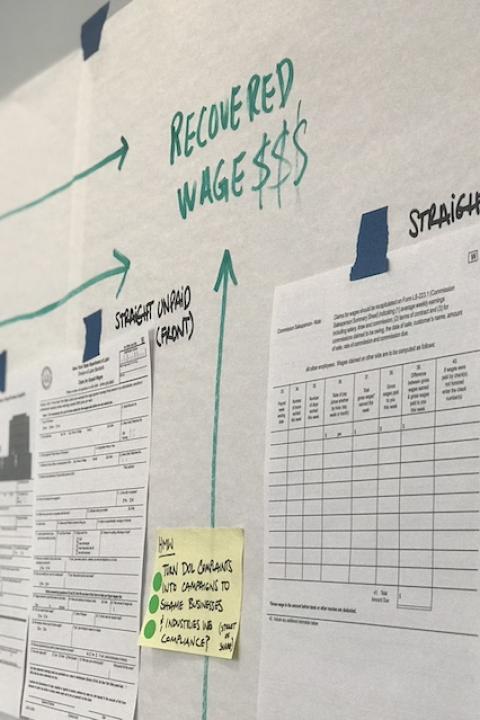
We know shoppers are increasingly interested in more sustainable products, and new research indicates many are ready to leave their standby brands behind. Half of all U.S. consumers, including 70 percent of millennials, have changed food and grocery brands based on environmental, social and governance (ESG) considerations, according to new polling.
For its latest sustainability benchmark report, the research technology company Glow surveyed 33,000 U.S. adults to get their take on the ESG performance of more than 150 food and grocery brands. Across the board, consumers report changing their spending habits to better align with their personal values — and forward-looking brands are reaping the benefits. Almost 90 percent of respondents believe it's important for businesses to be environmentally and socially responsible, and two-thirds said they're willing to pay more for products that support vulnerable groups and communities.
“It is vitally important for companies to contribute to supporting society and the planet. And there is a growing body of evidence that doing so is more than the right thing to do, it is good for business," said Julia Collins, CEO of Planet FWD, a carbon management platform for consumer brands, in a statement. "This report provides further evidence … that those who are leading in consumers' minds are already reaping the commercial benefits and are best placed for future success.” Indeed, 8 in 10 respondents said they feel more loyalty to purpose-driven brands.
ESG performance is correlated with revenue growth
Glow also found a positive correlation between ESG performance and revenue growth. Even in a troubled economy with a cost-of-living crisis, environmentally- and socially-responsible companies are seeing the economic benefits of standing for their values: 20 percent of consumers rank sustainability in their top three considerations when shopping at the grocery store, and 10 percent of millennials said sustainability is the single most important factor when making a purchase.
Additionally, while 70 percent of consumers are actively switching food and grocery brands to save money, many consider sustainability a key reason not to do so, particularly among younger shoppers.
“Now more than ever, if brands want to retain and win consumers, they must stand for something,” Mike Johnston, managing director of data products at Glow, said in a statement. “All consumers are looking for ways to save money. They will need a compelling reason why they shouldn't walk away from your brand for a cheaper alternative. Along with quality, sustainability is a key barrier to change, especially for millennials.”
It's worth noting that what consumers view as "sustainable" will vary based on the product. Consumers report that plastic and waste issues are of greater importance in the household goods department, for example, while health and wellbeing is a top concern for consumers when choosing beverages and beauty products.
Still, across all categories, products with ESG-related claims on their packaging grew an average 1.7 percent faster than those without. Labels and messaging associated with regenerative agriculture, plastic-free products, cruelty-free operations, water footprint, and renewable energy caught consumers' attention the most.
Consumer expectations are high
U.S. consumers widely perceived the food and grocery industry as a leader in corporate sustainability, Glow's data revealed, but the industry still faces significant barriers to meeting consumer expectations in a few key areas. For example, almost a third of responding consumers are dissatisfied with the industry’s efforts to reduce emissions, mitigate climate change, protect wildlife and ensure the welfare of suppliers.
While being misaligned with consumer expectations is never ideal for a company or sector, this gap presents an opportunity for brands to re-engage with this growing segment of consumers and stakeholders. By aligning ESG priorities with consumer expectations, companies can take advantage of a growth opportunity, while reducing risk and improving impacts on the environment.
“There’s a role of education here that’s critical for businesses," Tim Clover, founder and CEO of Glow, told TriplePundit. "Consumers really want to understand the issues in more detail, to understand some of the science and the lengths to which companies are going to solve these problems. Companies that are brave enough to go and take the time to explain the depth of these issues and educate the market, they’re leading. They’re winning."
Image credit: Gustavo Fring/Pexels

Mary Riddle is the director of sustainability consulting services for Obata. As a former farmer and farm educator, she is passionate about regenerative agriculture and sustainable food systems. She is currently based in Florence, Italy.














